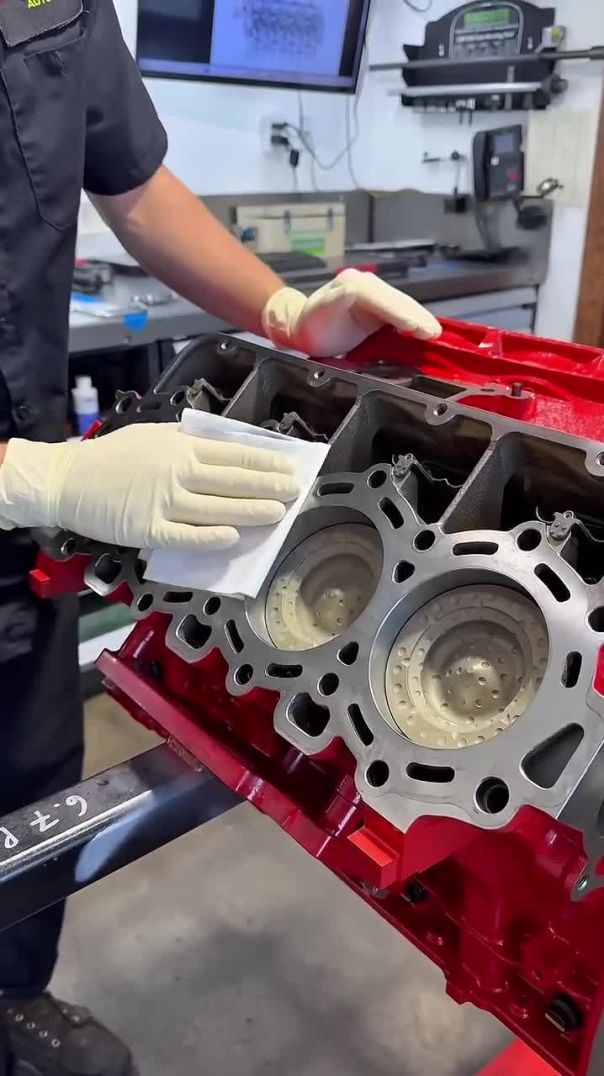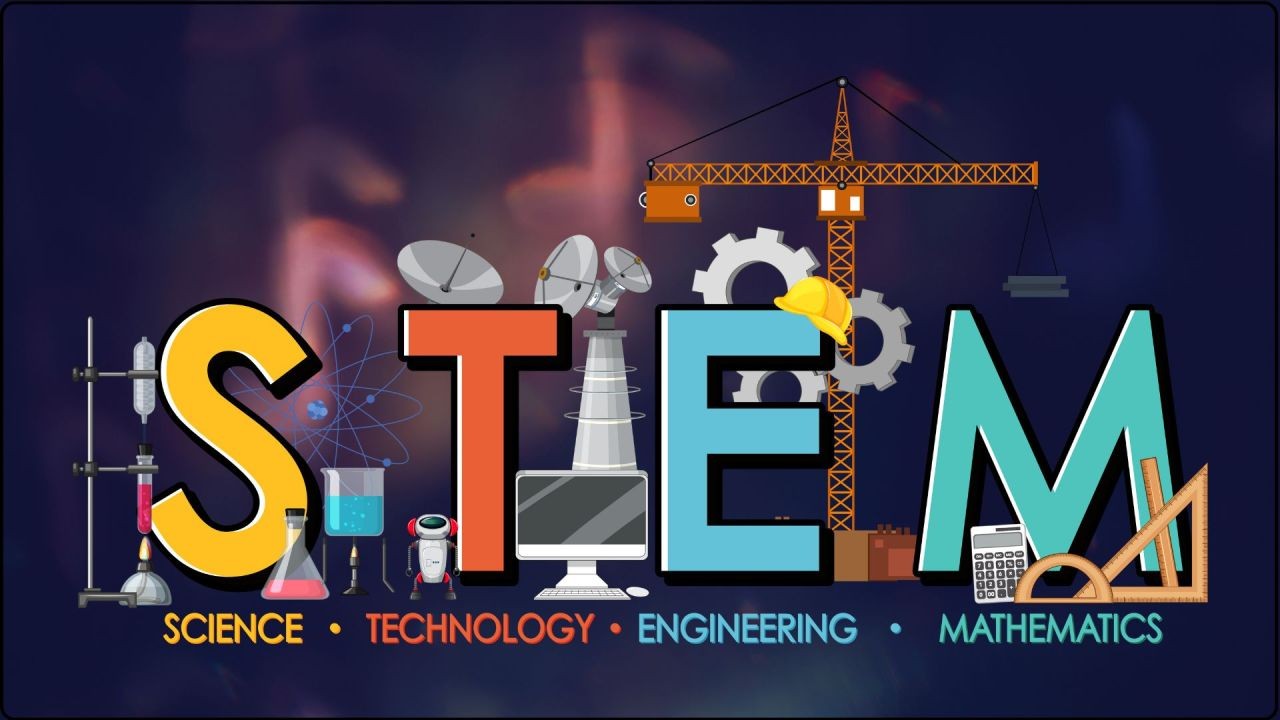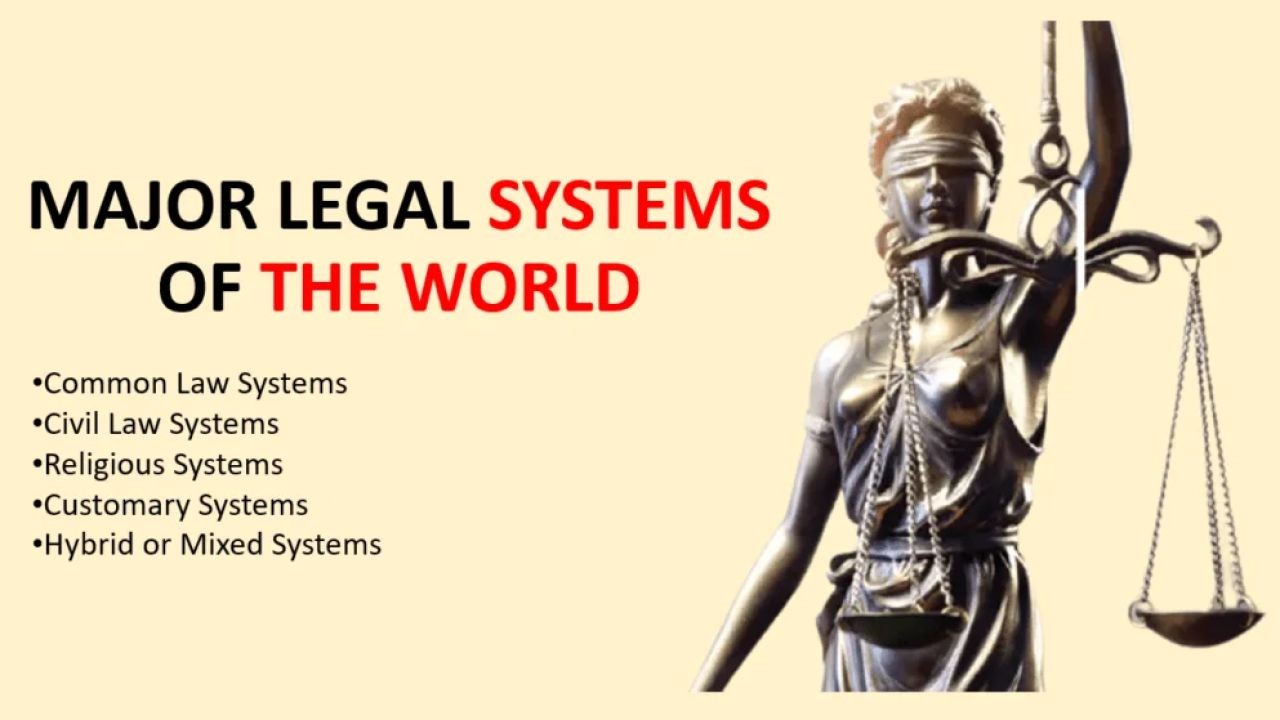Leadership skills are not innate; they can be cultivated and refined over time. Becoming an effective leader in the workplace involves a combination of self-awareness, communication, delegation, and adaptability. In this article, we'll explore practical steps to help you develop leadership skills that can make a positive impact on your professional life.
Understand the Essence of Leadership
Effective leadership goes beyond simply holding a position of authority. It's about inspiring and guiding a team towards a common goal. To develop leadership skills, first, understand the essence of leadership and the responsibilities it entails.
Self-Awareness and Emotional Intelligence
Leadership begins with self-awareness. Understand your strengths, weaknesses, values, and goals. Additionally, emotional intelligence plays a significant role in leadership. It involves recognizing and managing your own emotions and understanding the emotions of others. Leaders who can empathize and relate to their team members build stronger connections.
Effective Communication
Effective communication is the cornerstone of leadership. Practice clear and open communication with your team. Listen actively, ask for feedback, and provide constructive input. A leader who can convey their vision and ideas effectively fosters understanding and trust.
Lead by Example
Leadership is not about dictating; it's about leading by example. Demonstrate the work ethic, dedication, and behavior you expect from your team. Your actions speak louder than words, and they set the standard for your workplace.
Empower and Delegate
Effective leaders empower their team members. Delegate responsibilities and trust your team to carry them out. Empowering your team not only eases your workload but also fosters a sense of ownership and accountability among team members.
Conflict Resolution
Conflict is inevitable in the workplace. Effective leaders know how to resolve conflicts promptly and constructively. Encourage open communication, listen to both sides and work towards solutions that benefit all parties.
Decision-Making and Problem-Solving
Leaders are often called upon to make tough decisions. Enhance your decision-making and problem-solving skills by analyzing situations, considering alternatives, and making informed choices. Be open to feedback and adjust your approach as needed.
Continuous Learning and Adaptability
Leadership is a dynamic field that requires continuous learning and adaptability. Stay updated on industry trends, leadership practices, and emerging technologies. Be willing to adapt your leadership style to suit different situations and personalities.
Feedback and Coaching
Regularly provide feedback and coaching to your team members. Recognize their achievements and offer constructive guidance for improvement. Coaching helps team members develop their skills and grow professionally.
Build Strong Relationships
Strong relationships are the foundation of effective leadership. Invest time and effort in building rapport with your team. Get to know their strengths, interests, and aspirations. A leader who values their team members as individuals fosters loyalty and motivation.
Conclusion
Developing leadership skills in the workplace is an ongoing journey that requires self-awareness, effective communication, empowerment, conflict resolution, decision-making, adaptability, feedback, and relationship-building. Leadership is not about being the boss; it's about guiding and inspiring a team to achieve common goals.
Remember that leadership is a continuous process of growth and development. By honing these skills and consistently practicing them, you can become a respected and effective leader in your workplace. Leadership is not solely about reaching the top; it's about lifting others along the way and creating a positive and productive work environment for your team.
































Great Speech
12 months ago